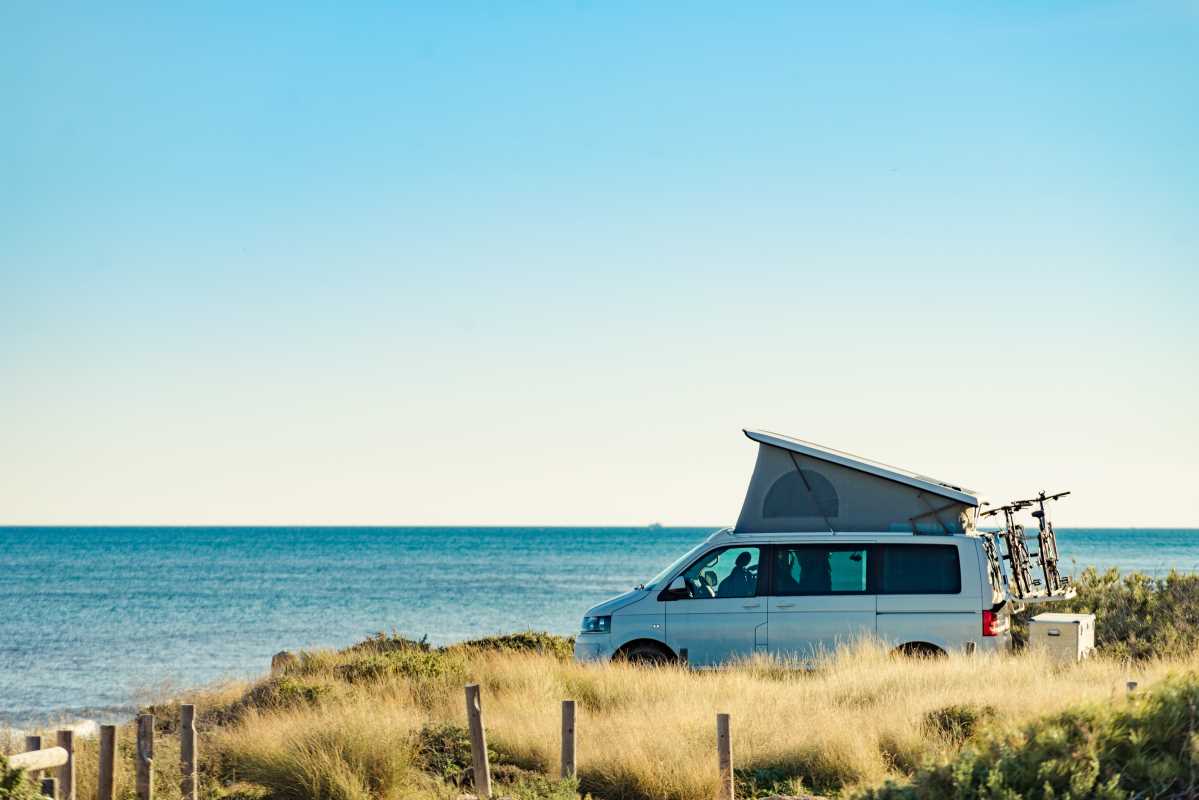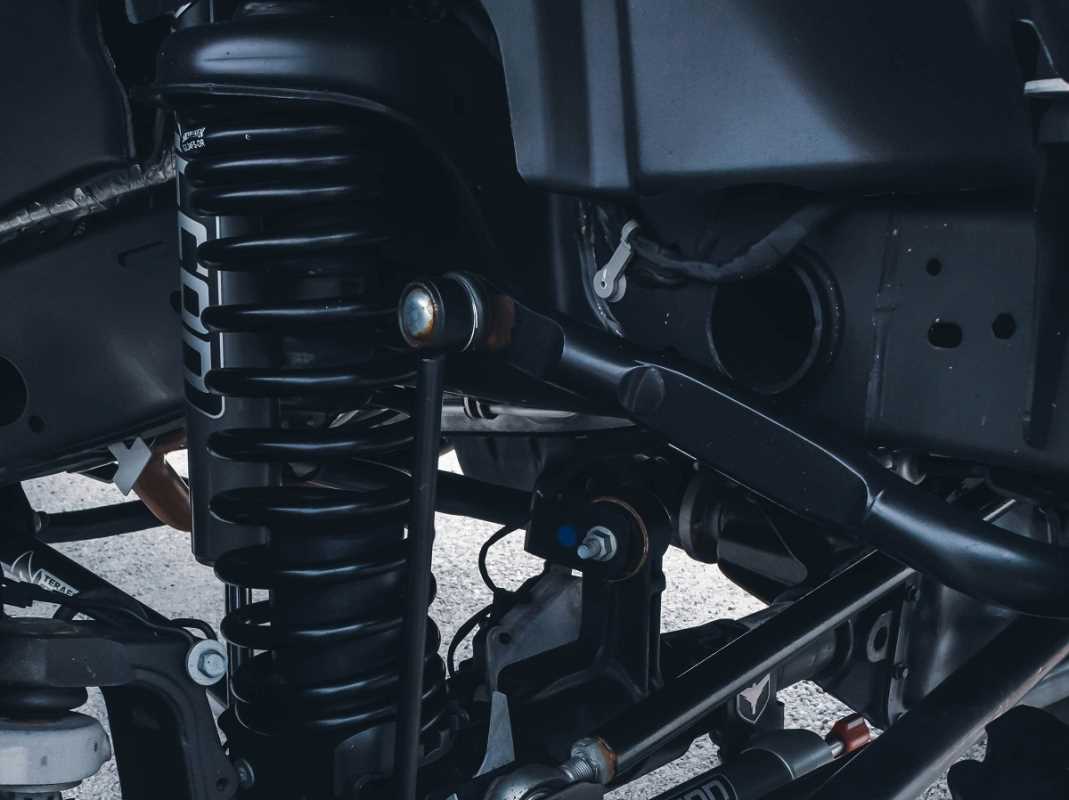Embarking on an overlanding adventure in the Rocky Mountains creates an exhilarating experience that combines the thrill of exploration with the beauty of nature. Picture yourself navigating winding trails, surrounded by towering peaks and pristine wilderness, where every mile offers a new breathtaking view. Whether you’re a seasoned traveler or planning your first expedition, the Rockies provide a perfect backdrop for an unforgettable journey.
Preparation plays a key role in ensuring your overlanding trip is both safe and enjoyable. From selecting the right gear to making sure your vehicle stands up to the challenge, every detail counts. Let’s dive into the essentials that will set you up for success as you gear up for your Rocky Mountains adventure.
Essential Gear and Preparation
Having the right equipment can make or break your overlanding experience. Here are some must-have items to consider for your trip:
- Navigation Tools: Reliable maps, GPS devices, and a compass.
- Camping Gear: Tents, sleeping bags, and portable cooking equipment.
- Recovery Equipment: Tow straps, a shovel, and traction boards.
- Tools and Spare Parts: Basic toolkit, spare tires, and fluids.
- Safety Supplies: First aid kit, fire extinguisher, and emergency beacon.
- Food and Water: Ample supplies to last the duration of your trip.
- Communication Devices: Two-way radios or satellite phones.
Creating a comprehensive checklist for your trip helps ensure you don’t overlook any essentials. Planning ahead allows you to focus on enjoying the journey rather than dealing with unexpected challenges.
Vehicle Preparation and Safety Measures
Your vehicle serves as the lifeline of your overlanding adventure, so it's crucial to make sure it’s ready for the rugged terrain of the Rocky Mountains. Start by conducting a thorough inspection of your vehicle’s engine, brakes, and suspension systems. Address any maintenance issues to prevent breakdowns in remote areas.
Enhancements such as installing off-road tires, upgrading the suspension, and adding a roof rack can significantly improve your vehicle’s performance and storage capacity. Carrying spare parts like belts, hoses, and filters helps you handle minor repairs on the go. Always prioritize safety by double-checking that all systems function correctly before setting out.
Navigation Tools and Map Resources
Effective navigation plays an essential role in successfully traversing the expansive Rocky Mountains. Here are the top tools and resources to keep you on track:
- GPS Devices: Invest in a reliable GPS unit specifically designed for off-road use.
- Topographic Maps: Detailed maps that show elevation changes and terrain features.
- Compass: A traditional compass serves as a dependable backup to electronic devices.
- Mobile Apps: Download offline maps and navigation apps tailored for overlanding.
- Trail Guides: Local guides and trailbooks provide insights into the best routes and areas to explore.
Combining these navigation tools ensures you remain oriented throughout your journey, even in areas with limited cell service.
Camping Essentials and Survival Tips
Camping comfortably and safely in the Rockies requires thoughtful preparation. Start with a sturdy tent that can withstand varying weather conditions. A quality sleeping bag rated for low temperatures is essential, as mountain nights can be surprisingly cold.
When it comes to cooking, portable stoves and lightweight cookware make meal preparation easy. Don’t forget to pack sufficient water purification methods, such as filters or purification tablets, to ensure you have access to clean drinking water. For survival, it’s wise to carry a multi-tool, fire-starting equipment, and a reliable source of light like headlamps or lanterns.
Respecting Nature and Environmental Considerations
Overlanding in the Rocky Mountains offers a unique opportunity to connect with nature, but it also comes with the responsibility to preserve the environment. Stick to established trails to minimize your impact on the landscape and avoid disturbing wildlife. Always practice Leave No Trace principles by packing out all trash and waste.
Be mindful of fire regulations and only use designated areas for campfires. Reducing your carbon footprint by maintaining your vehicle and using environmentally friendly products contributes to the preservation of these stunning habitats for future adventurers.
Venturing on your first overlanding trip in the Rocky Mountains presents an exciting endeavor that requires careful planning and the right gear. By ensuring your vehicle is prepared, equipping yourself with essential tools, and respecting the natural surroundings, you set the stage for a memorable and safe adventure. Thorough preparation enhances your experience and cultivates a deeper appreciation for the majestic beauty of the Rockies.







